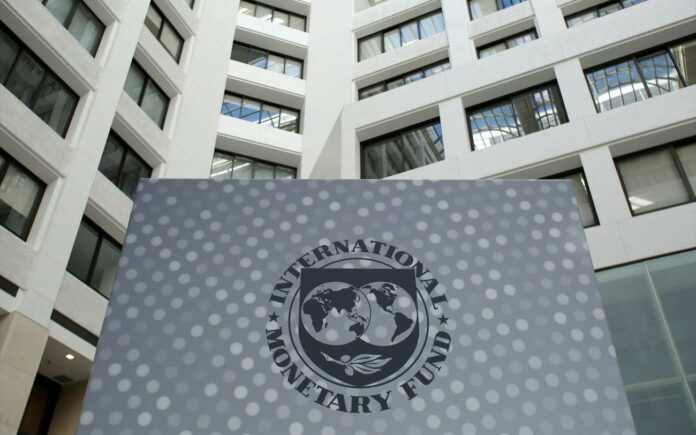By G. Kouros
[email protected]
The IMF’s standing demand to slash the tax-free annual income threshold and abolish tax breaks in Greece — with the former currently at roughly 8,600 euros — is reportedly aligned with the Fund’s “recipe” to boost growth in crisis-battered country and to increase liquidity in state coffers.
In ongoing and often stymied negotiations with the Greek government, the Fund is, by all accounts, still pushing for a broader tax base that will increase revenues and, in turn, allow for greater fiscal leeway to reduce overall tax rates imposed on taxpayers and businesses.
The Fund’s top officials have repeatedly gone on record as saying that tax rates in the country are too high, with necessary reductions reaching even 10 percentage points, i.e. the current “Scandinavian” corporate and business rate of 29 percent falling to 20 percent. The income tax rate for “middle-class” taxpayers, according to the IMF’s “calculus”, should fall to between 15 to 22 percent from the current levels, which start at 22 percent and extend to the stratospheric 45 percent.
A broader tax base and elimination of certain remaining tax breaks could also allow for a marginal reduction of the highest VAT rate, from the current 24 percent to the still costly 23 percent, the Fund maintains.
The IMF, which is by far the strictest and most market-friendly of the institutional creditors that have participated in the three Greek bailouts since 2010, said its proposals aim to attract more investments to Greece, boost growth and create new jobs in the “real economy”.














